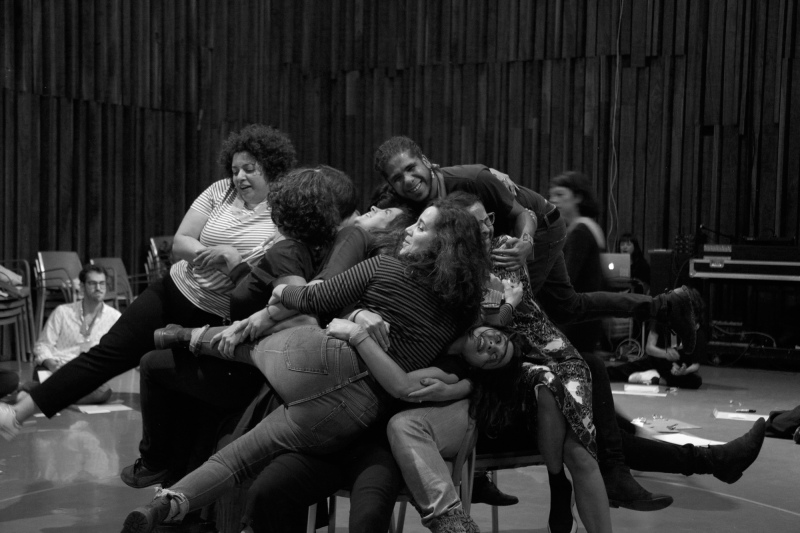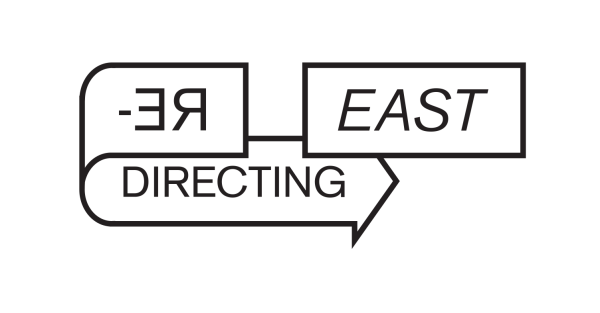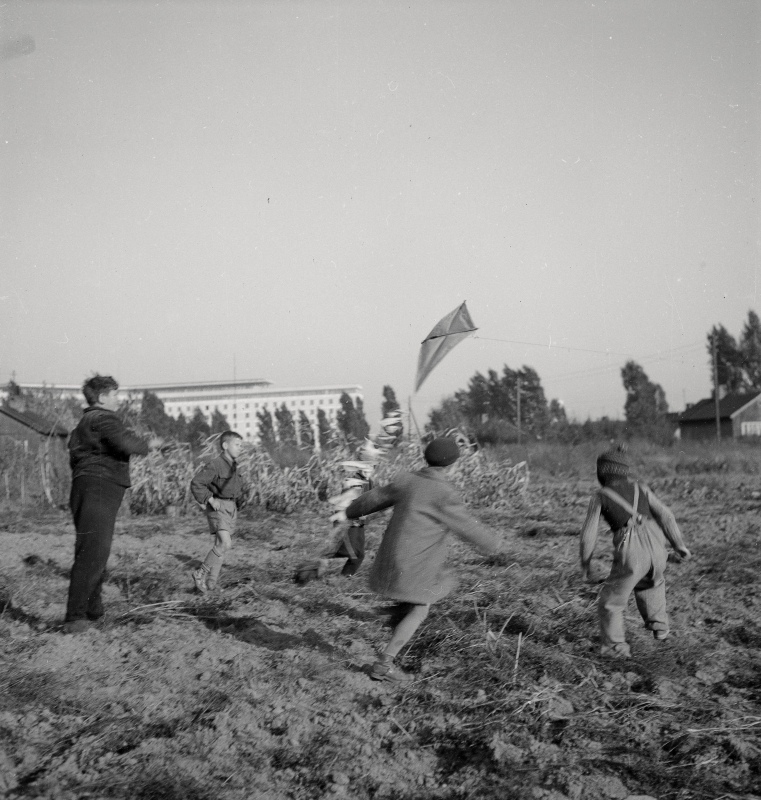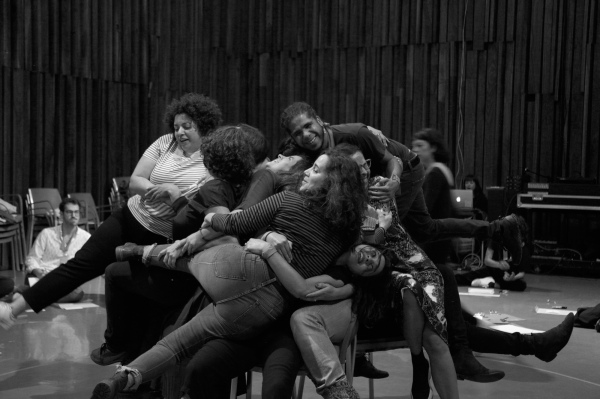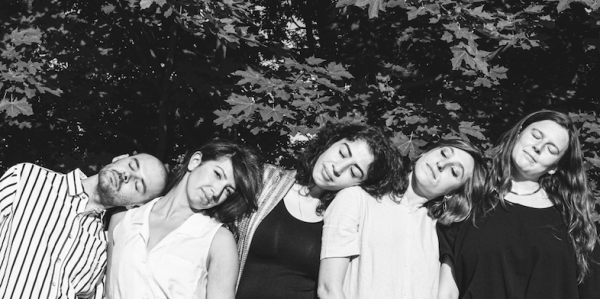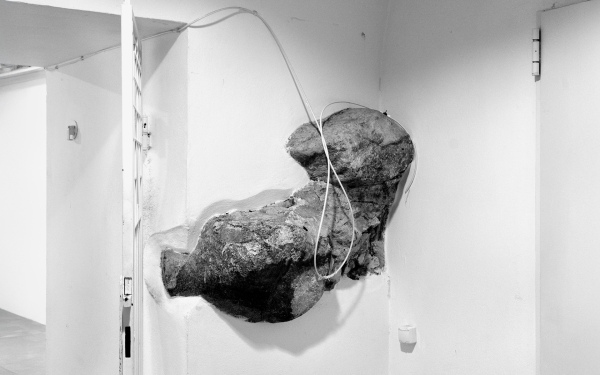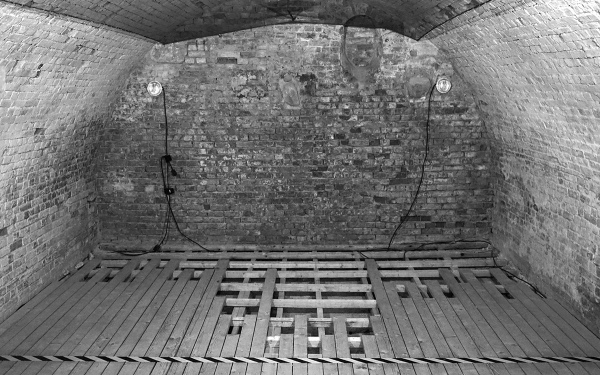Empathic Pedagogies
When we face an uncertain future, new plans for action are required. Who are we and who can we become? Where are we now? What new paths are opening before us? These questions are the starting point for learning from what is about to come. In order to create a space for dialogue, exchange, and cooperation with an international group of practitioners of new pedagogical methods, the Ujazdowski Castle Centre for Contemporary Art, together with the Network of Emphatic Pedagogies (Red de Pedagogias Empaticas) are organizing a long-term research and practical project devoted to contemporary and historical pedagogical methods emerging at the interface of art, education, and activism.
Emancipation is the horizon outlined by empathic pedagogies. Thinkers, educators, artists, and activists in both the countries of the Global South and the North share the belief that education shapes public awareness and is the key to changing reality. Thanks to education it is possible to create a just world based on equality and solidarity.
Empathic pedagogies refer to feelings understood as a common space. They build alternative cycles of knowledge and move beyond beaten paths and sanctified canons.
They also require constant transgression of geopolitical divisions – they focus on borders not to strengthen them, but to shape new ways of understanding the world. This in turn requires transnational exchange and transdisciplinary alliances, rather than the pursuit of individual goals and profits. Practitioners of empathic pedagogies are not afraid of exploring and erring, and see failure as part of the learning process.
The series of events, including the international seminar Re–Directing: East 2020, will bring together researchers from various countries to enter into dialogue and build a framework of thought and form of collaboration, that can help rethink anew the aims and uses of contemporary methods of emphatic pedagogies.
The International Network of Empathic Pedagogies (Red de Pedagogias Empaticas) is formed by cultural institutions and independent agents from Mexico, Costa Rica, Colombia, Chile, Brazil, Spain, Norway, and Poland. They share a common perspective for social change, and are dedicated to researching practices combining artistic and educational fields. They hold international and local meetings, create research groups and laboratories for the development of community strategies, analytical tools, and self-criticism methods and practices, which they then implement in their work and public programmes.
- Curator
- Marianna Dobkowska
